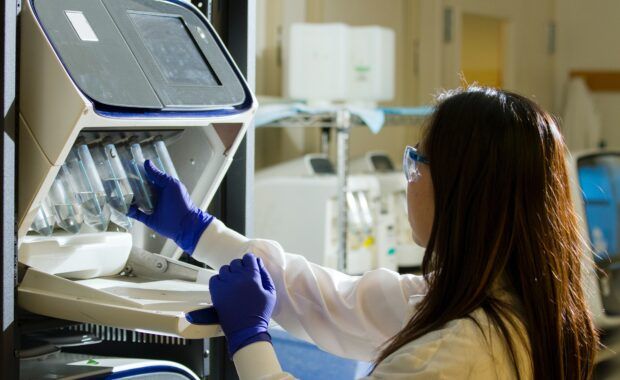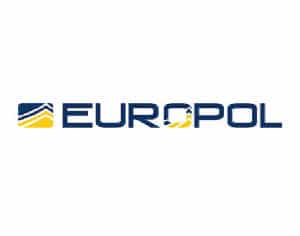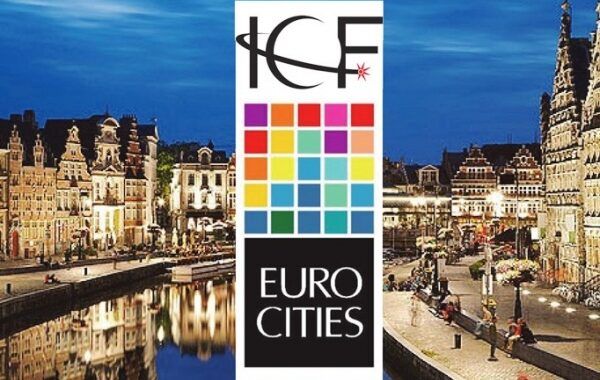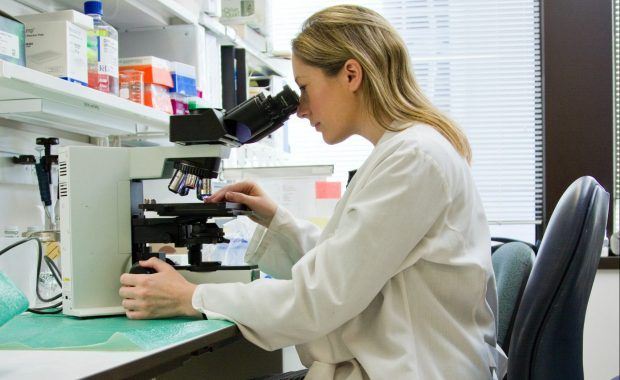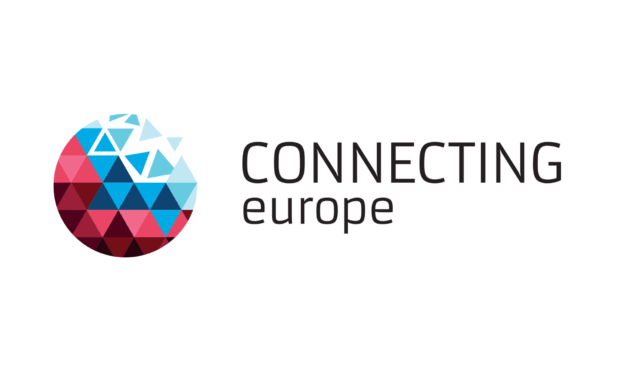A fully funded PhD position is available to explore the exciting frontier of thermoelectric materials research. Institute of Inorganic Chemistry of Slovak Academy of Sciences is seeking a highly motivated and talented individual to contribute to a cutting-edge project focused on designing and developing novel ABO₃ type perovskite thermoelectric materials. This research directly addresses the urgent […]
Commission marks five years of Europe’s Beating Cancer Plan
Ahead of World Cancer Day on 4 February, the European Commission has unveiled an update of the European Code Against Cancer. The revised Code sets out practical ways to help prevent the disease and is the result of four years of work by over 60 European public health experts. The guidance is based on scientific evidence […]
The Commission seeks opinions to boost women’s participation in research and innovation
The European Commission has launched a call for data to help shape the first Action Plan for Women in Research, Innovation and Start-ups. This initiative aims to make the EU the leading destination for women in research and innovation by the end of the decade. EkaterinaZaharieva, Commissioner for Start-ups, Research and Innovation, said:“Wewantwomen in research […]
Internships – Legal Policy and Research in Europol – Netherlands
Europol is located in The Hague, The Netherlands, and its mission is to support EU Member States in preventing and combating all forms of serious international and organized crime, cybercrime and terrorism. The aim of this generic internship project announcement is to establish a list of successful candidates for various teams in the Governance Directorate […]
Internships – EUROCITIES Traineeship
Eurocities, the network of major European cities, is hiring a trainee to join the Brussels-based team for 6 months and work on topics related to migration and integration, exciting EU-funded projects, research, events and policy activities with cities across Europe. Tasks Support the implementation of meetings and events Help gather and analyse data and city good practices, and […]
PhD – Molecular Cancer Biology – Germany
The research group of Prof. Dimitrios Papadopoulos at the University of Würzburg investigates RNA-based mechanisms of tumor maintenance. They are currently looking for an ambitious PhD candidate with an outstanding background in Biochemistry. The position is funded by the UbiQancer CRC/TRR 387 and University core funding. The project will be carried out in the vibrant […]
PhD – Economics – Denmark
The Department of Economics at Copenhagen Business School invites applications for a number of vacant PhD scholarships in Economics. The expected start date is September 1, 2026. The Department of Economics provides research, teaching, and knowledge exchange within the core areas of economics, i.e., microeconomics, macroeconomics, and quantitative methods. The Department is especially active in […]
Scholarships – Connecting Europe Fellowship – Belgium
The European Policy Centre (EPC) is inviting applications for the Connecting Europe Fellowship, a unique opportunity for young professionals from EU enlargement countries to advance their research, connect with Brussels-based policymakers, and contribute to transnational dialogue on Europe’s future. What is it Fellows will spend three months in Brussels between February and December 2026, developing […]
PhD – Scholarship at the Pension Research Center (PeRCent) – Denmark
The Pension Research Center (PeRCent), part of the Department of Finance at Copenhagen Business School, invites applications for a PhD scholarship in finance under both the traditional three-year PhD scheme and the 4+4 PhD scheme. This position offers an exciting opportunity to conduct cutting-edge research at the intersection of finance, data science, and behavioral economics. […]


